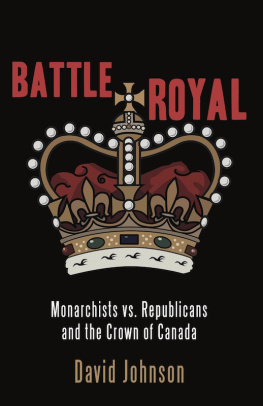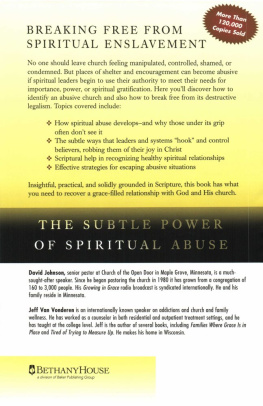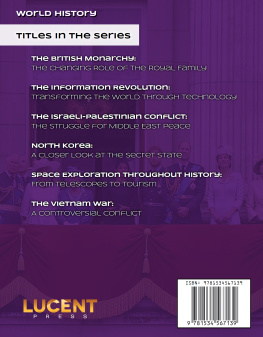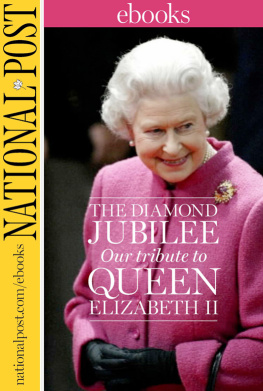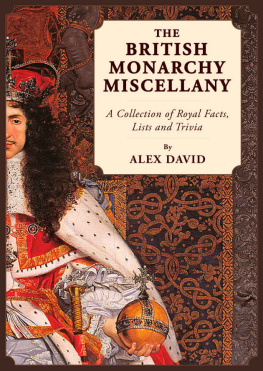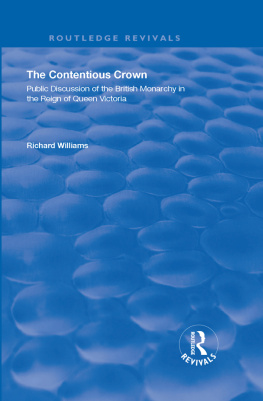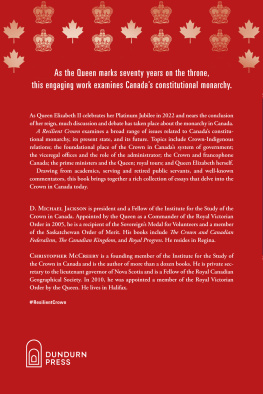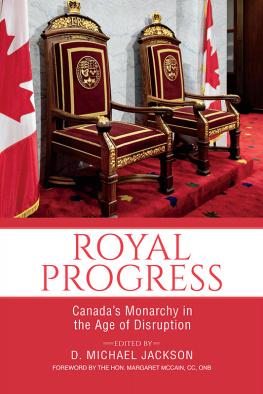Preface
T he Queen is dead; long live the King. Are Canadians ready to hear these words? When the second Elizabethan Era comes to its inevitable conclusion over the next decade or so, do we wish to see King Charles III reigning over us? Public opinion surveys reveal most Canadians oppose Charles becoming king, with many saying they wish to see the monarchy in this country terminated upon the death of Elizabeth II. Is this desirable? Is this lamentable? Is this possible?
Welcome to the big issues at the heart of Battle Royal. The historic and ongoing debate between monarchists and republicans respecting the worth of the monarchy, the role of the Queen and her Canadian vice-regents, and whether the Crown deserves a future in this country is the focus of the book you are now holding.
This debate is both as old as the country and as new as the most recent immigrant setting foot on Canadian soil and wondering why the Queen of England is on our twenty-dollar bill. Old in that Canadians have been talking about the merits and demerits of the monarchy for generations. Yet new because in the near future we will witness a historic succession from one monarch to another, something that has not happened since 1952, unless we act now to stipulate that after the passing of Elizabeth II, Canada will become a republic with a Canadian selected as head of state.
This debate pits republicans against monarchists: the former wish to see the abolition of the monarchy in this country, while the latter, loyal to the Crown, are intent on preserving what to them is a vital part of Canadas political and constitutional heritage. To republicans, the monarchy is an anachronism, a reminder of our once colonial connection with the long-defunct British Empire. To them, it carries the idea of an elitist and privileged hereditary monarchy that runs entirely contrary to modern Canadian values of democracy, equality, and meritocracy. Monarchists, however, insist that the Crown is a fundamental part of the Canadian constitution, with the Queen and her Canadian vice-regents the federal governor general and the provincial lieutenant governors being guarantors of our constitutional integrity. Defenders of the monarchy perceive it to be a vital link both to our constitutional past and to its legacy of responsible government and parliamentary democracy. Republicans counter that the past is the past and it is embarrassing to have such an outdated and democratically challenged institution at the very heart of Canadas constitutional order today.
And so the debate endures.
In the quarter century that I have been teaching university courses on the Canadian constitution, a number of points with respect to the monarchy have struck me. Among the most notable is Canadians confidence in sharing their opinions with others regarding the merits or demerits of the monarchy. Whether monarchist or republican, Canadians are passionate about their beliefs on this topic.
Another is that most Canadians, and especially the younger generation, know very little about Canadian history, our constitutional development, the nature and role of the Crown in Canada, and its relationship to the Canadian constitution. Given the limited teaching of Canadian history in high schools, this knowledge deficit, while sad, no longer surprises me. It does mean, though, that when most Canadians engage in this debate, they do so from a rather limited knowledge base. A cynic would say that lack of understanding is always the case with most matters, so why worry about the issue now?
But heres the thing. We are coming to the end of an era. Elizabeth II, a seemingly near permanent feature of life for so many people, is in her twilight years. At any point in the next decade or so the Queen will die, and her son, Charles, Prince of Wales, will become king. Monarchists will rejoice at this succession, following the ancient protocols of English common law, but republicans will grimace. So strong is the animosity felt by many Canadians against Prince Charles that many would prefer to see him abdicate in favour of his son, Prince William, upon the death of his mother. There is no indication, however, that Charles would ever relinquish his birthright. If most Canadians truly wish to see Charles prevented from taking his place as Canadas head of state, then time is of the essence: we must engage in the political discussions now in order to secure the necessary constitutional amendment abolishing the monarchy in Canada upon the death of Elizabeth II. The debate on the monarchy in this country will then inevitably intensify, spurred on by the republican movement, and become a subject of increasing public focus. If this debate fails to result in any change to the constitution, however, the succession will be preordained and Charles will become Canadas king. At this point many frustrated and angry Canadians will be mystified, finding themselves wondering why they didnt get a vote on whether they wanted Charles as their new sovereign. Debate will be coupled with ridicule and outrage, accompanied by republicans demanding that the monarchy be abolished immediately so as to rid ourselves of Charles, the unwanted.
Hence my reason for writing Battle Royal. As we head into this period of growing intensity and emotionalism surrounding the future of the monarchy, I believe it to be worthwhile for Canadians to have an informative and balanced overview of the Canadian Crown, its history, its role in the life of the Canadian state and people, and the constitutional issues surrounding any proposed amendments to the monarchy. It is also important for Canadians interested in these issues, regardless of what side they are on, or even if they are as yet undecided, to have a critical understanding of the arguments and issues in this debate. Battle Royal is for everyone: monarchist or republican, profoundly engaged or faintly curious. My book is for Canadians who are, at any level, interested in the Crown in Canada and its role in Canadian political, constitutional, and social life. As good citizens, Canadian republicans need to know the ideas and viewpoints of Canadian monarchists, and vice versa. The more we know the better will be the debate to come, with people respectful and informed of the positions of those with whom they disagree.
All this discussion leads to a final point. The debate on the monarchy is an emotional one, engaging both the mind and the heart. The side on which you fall will be very much determined by how you feel about the Crown, the values of monarchism and republicanism, and the personal integrity of the royals. You may be wondering where I stand on these issues. In the spirit of full disclosure, I like to describe myself as a pragmatic monarchist. I learned, at my mothers knee, the storied history of the Crown in this country, in Britain, and across the Commonwealth. Much later I came to respect and admire its role in the constitutional evolution of all these lands. But I am no royalist sycophant. There is much to criticize in the history of the Crown, both in Canada and elsewhere, and it is crucial for monarchists to be fully aware of the republican challenge to the Crown narrative. In thinking about the future of the monarchy, moreover, we need to be conscious of its past, its current roles, and the problems of perceived illegitimacy, as well as the many obstacles to making radical changes to its constitutional status. In the pages to come,

